Orishe Tosan, a teenager studying medicine at Ivano-Frankivsk National Medical University in Ukraine, had heard the news of Russian missile systems destroying the city’s airport and fuel depots — but she was not really bothered.
Her belief, and that of her friends, was that the war was just a mirage and would soon be doused.
But she was wrong.
Reality dawned on Tosan when she realised that the bombing of the airport had affected flight operations as airlines cancelled all bookings.
Advertisement
On Friday, February 25, Tosan and her roommate, also a Nigerian, decided to move out of Ukraine, after it was evident that Vladimir Putin, President of Russia, had commenced the long-touted invasion of the country.
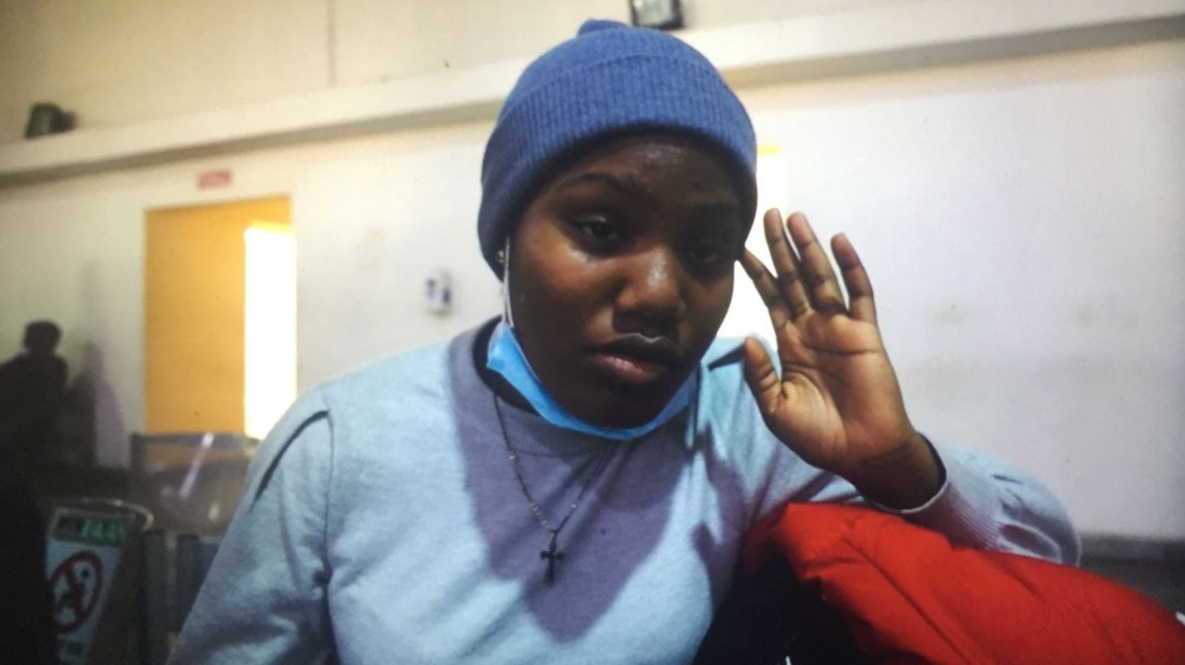
“We all decided to go to Poland, we paid money to get to the border but there was a lot of traffic so the cabman dropped us and told us to walk… we walked 26 kilometres that day, we stopped for five minutes intervals or maybe at a landmark like a filling station to get maybe water or something,” Tosan told TheCable upon arrival at the Nnamdi Azikiwe International Airport in Abuja.
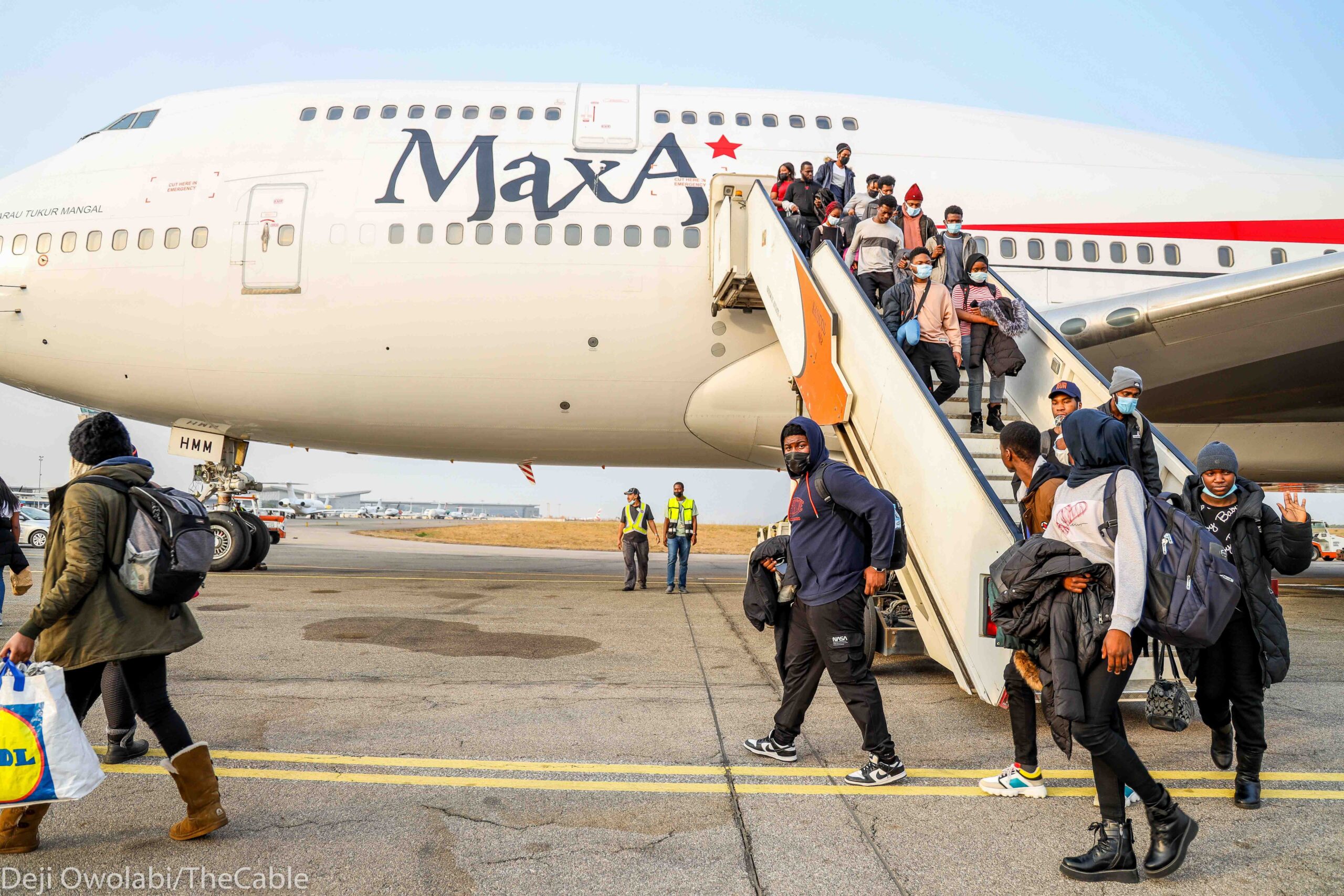
Tosan and her fellow travellers reached the Ukraine-Poland border by 3am the next day when the weather temperature was -2 degrees.
Advertisement
She said only Ukrainians were allowed into Poland, especially women and children, while the Nigerians and other Africans were turned back with guns pointed at them.
“They told us to stop, we were waiting in the line, they weren’t letting us through… they were letting only Ukrainians go through,” she said.
“They were pointing guns at us, threatening us that we should go back, so we went back, and then we got on a train, and we took another cab and walked another nine kilometres to Romania.”
According to Tosan, the Nigeria-Romania embassy received them on arrival, got them a train ride to the country’s capital, and checked them into a hotel after which they were flown back home.
Advertisement
Tosan, who left Nigeria in October 2020 with the hope of returning as a certified medical doctor, is traumatised by her experience.
But she still hopes to go back to Ukraine to continue her studies once normalcy returns to the country.
‘THE HOUSE WAS SHAKING’

Bethel Onu schools in Kyiv, Ukraine’s capital and the most populous city in the Eastern European country. He was asleep in his dormitory on the night of February 24 when the sound of the explosions disrupted his rest.
Advertisement
Just like Tosan, Bethel, who left Nigeria in May 2021, told TheCable that there was news about the Russian invasion but the school management debunked it while his Ukrainian peers referred to it as “noise”.
“We didn’t even know the war was going to escalate to this level because when we were hearing the rumours, the Ukrainians were acting like nothing was happening so it was more like they knew something. We didn’t know it was going to escalate to this,” Bethel said, with pain and regret etched on his face.
Advertisement
Bethel said aside from the disruptive sound of the bombings, the siren blaring around the city made him more scared for his safety, which prompted him and his colleagues to find an abode in a bunker.
“The whole house was shaking. We were worried that morning, people started moving out, even the Ukrainians that were behaving like nothing was happening; everybody started moving out of the hostel, we saw long queues in front of filling stations,” Bethel recounted.
Advertisement
By Friday, February 25, Bethel said he became antsy when there were rumours of an airstrike — and that was when he realised it was time to leave town.
Alongside other Africans in his hostel, Bethel left Kyiv for Lviv, another city in Ukraine with a population of over 717,510.
Advertisement
On getting to Lviv, he “tried to get to Poland because most people were going there and I didn’t have any country in mind. I just heard most people saying Poland, and I decided to go along with them… we waited and couldn’t get to Poland”.
“Our legs were paining us at night. We just decided we should go to Romania. I was against Romania at first because to go to Romania, you have to get to another city in Ukraine, but we later decided [to leave] that night,” he added.
By Sunday, February 27, Bethel finally arrived at the Ukraine-Romania border where the Nigerian embassy officials were waiting to ease his burden.
1 comments
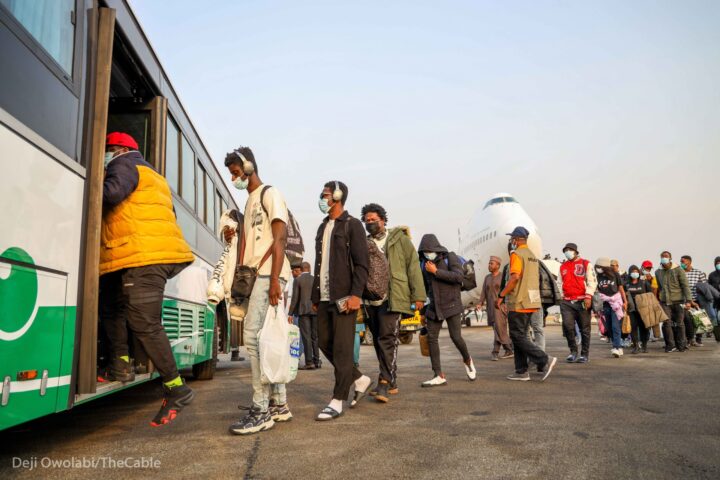
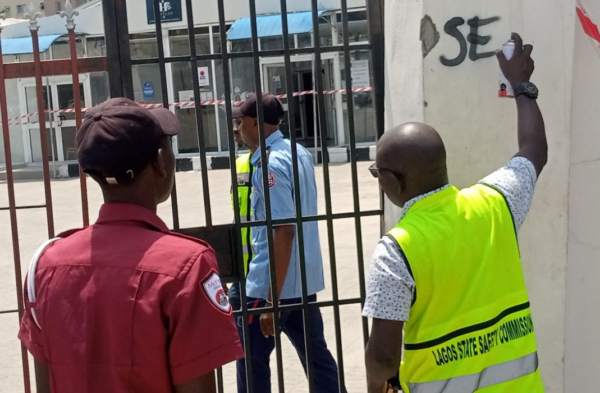
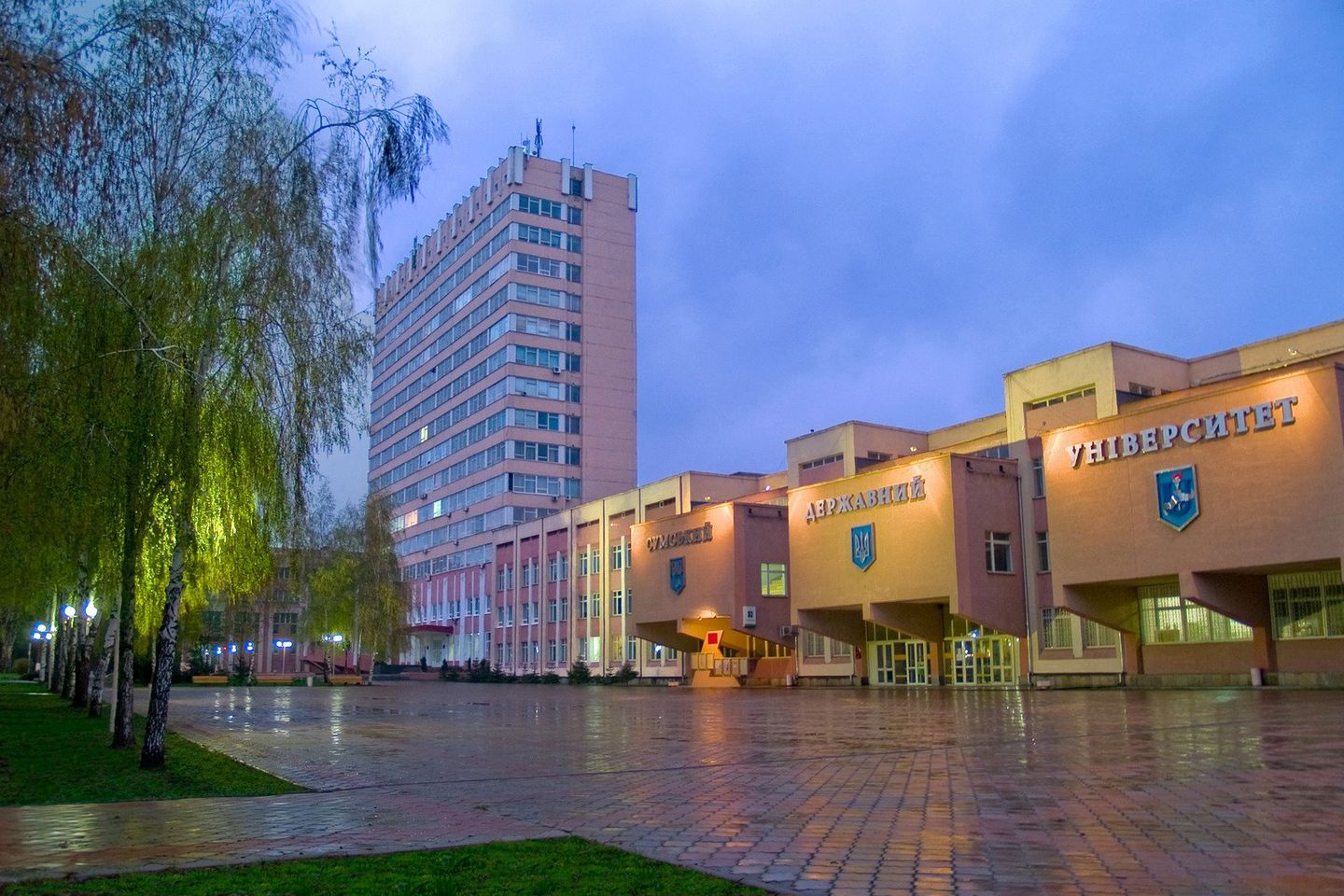



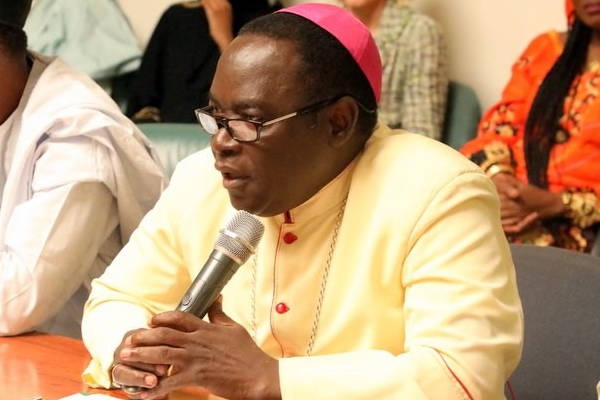
Racism against Africans and South Asians was also reported today in the Washington Post.
https://www.washingtonpost.com/world/2022/03/05/ukraine-african-refugees-racism/